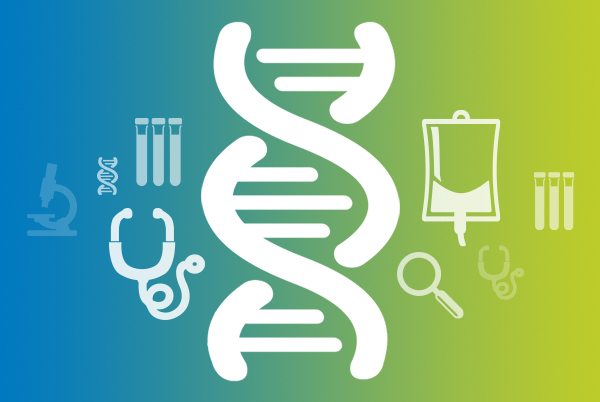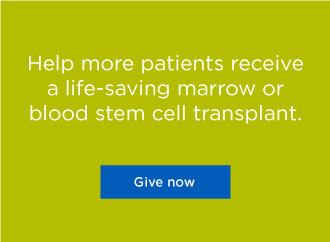The drug abatacept significantly improved overall survival in mismatched unrelated donor transplants.
The available approaches to prevent acute graft versus host disease (GVHD) has a new tool in the toolbox—abatacept. This drug was shown in a
study to significantly improve overall survival for patients who have blood or marrow transplants.
Make no mistake about it—this new tool is gravely needed. Acute graft versus host disease is the most common cause of early non-relapse mortality
after allogeneic (cells from a donor) transplant.
Abatacept, a drug approved to treat autoimmune disorders, like rheumatoid arthritis, blocks a signal that activates donor immune cells, weakening their ability to cause harm. This effect
on immune cells is also effective in preventing GVHD.
An observational study, using data from the Center for International Blood and Marrow
Transplant Research (CIBMTR) included patients age 6 and older who had leukemia, lymphoma, or
myelodysplastic syndrome and whose first hematopoietic stem cell transplantation (HCT) was between 2011 and 2018 with a 7/8 matched unrelated donor. Fifty-four patients got abatacept and standard of care (calcineurin inhibitor + methotrexate) GVHD
prophylaxis, and 162 patients got standard of care only.
The study revealed that overall survival rates at 180 days (about 6 months) after transplant were 98% for patients treated with abatacept and standard of care compared to 75% for those
treated with standard of care alone. A significant point: abatacept was effective in patients who had a mismatched unrelated donor (MMUD). We need every available tool in the toolbox to help these stem cell transplant patients in the important post-transplant
phase to minimize GVHD.
The findings from this study bolster an earlier phase 2 clinical trial that reported 73.6% overall survival at two years in patients who had a 7/8 matched unrelated donor transplant after treatment with abatacept
plus standard of care compared to 45.3% of matched controls who got standard of care alone. In reaction to that clinical trial, the FDA granted breakthrough designation for abatacept use.
On December 15, 2021, the U.S. Food and Drug Administration (FDA) approved abatacept (brand name: Orencia) for the prevention of aGVHD, in combination with standard of care. Abatacept is now approved for use
in adult and pediatric patients two years of age or older undergoing HCT from an unrelated donor (fully matched or 1-allele mismatched). This is the first FDA drug approval for the prevention of aGVHD, and the approval incorporated real world evidence,
like the results above, as a component of determination of clinical effectiveness.
Learn more by reviewing a comprehensive analysis and description of the study.
CO-AUTHORS
CIBMTR Corporate Program analysis commissioned by Bristol Myers Squibb (BMS) in support of their FDA application for use of Abatacept for acute GVHD prevention in allogeneic transplantation.
Principal Investigator:
Dr.
Leslie Kean (DFCI)
CIBMTR team: Dr. Linda Burns, Dr. Marcelo Pasquini, Dr. Mei-Jie Zhang, Xiaoying Tang and Michael Hemmer
 " />
" />


